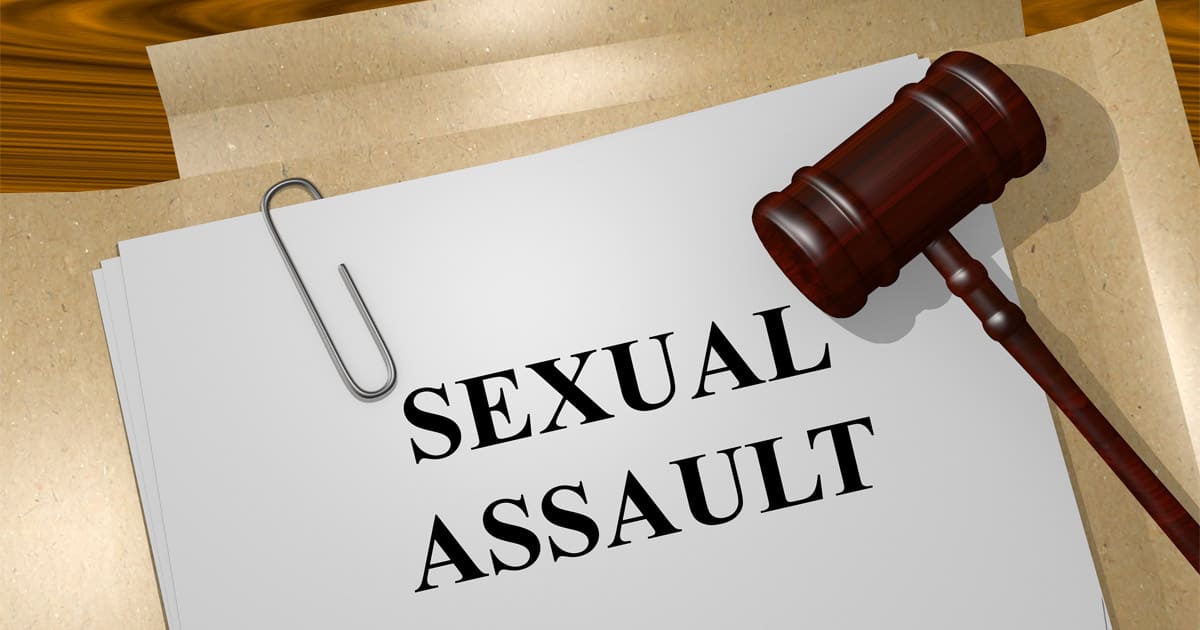- 27 Oct 2025

Abuse has long been a topic shrouded in darkness and shame. Victims have felt the need to keep their experiences to themselves, move on and ignore what happened, and try to rebuild without ever getting closure. But the tide is turning—and with it, victims are gaining legal rights they should have had for a long time. In California, bill AB 218 has made it easier for a greater number of sexual abuse survivors to take their abusers to court. Clergy sexual abuse attorneys have helped survivors determine whether or not their claim is affected by the new law.
Choosing an aggressive and experienced attorney can make a world of difference in your injury claim. DeWitt Algorri & Algorri, LLP is led by attorneys Louis DeWitt and Mark Algorri, who have built their reputation fighting for clients in and out of the courtroom. Call us at 855-WINNING (946-6464) to discuss your claim in greater detail.
First, it’s important to understand what clergy sexual abuse lawyers were up against prior to AB 218. Before this bill, state law required that a victim of childhood sexual abuse file charges against the perpetrator within eight years of turning 18 or within three years of discovering that the psychological injury or illness occurred after turning 18. This significantly limited legal rights of victims, especially those who were so successfully groomed by their abusers that they did not even know they were being abused.
AB 218 increased the time limit for a lawsuit to 22 years from the victim’s 18th birthday or within five years of the date they realized their psychological injury was caused by sexual assault—whichever date is later.
Another major change in AB 218 affects how much victims can recover. Certain claims under this act allow victims to recover treble damages.
Clergy sexual abuse law firms have also praised how this law expands government accountability. Previously, claims against government entities involving sexual abuse did not have to meet certain legal requirements as long as they occurred after January 1, 2009. This new law removes that requirement, so conduct occurring before that date is subject to the same requirements.
Survivors of childhood sexual assault have often been left to deal with the effects of profound trauma inflicted on them by teachers, coaches, activity leaders, clergy members, and others with power. Clergy sexual abuse lawyers were often limited in the help they could provide due to the old statute of limitations.
This law takes a big step in the right direction by giving victims greater freedom to pursue claims against their assailants. Recovering from the trauma caused by sexual abuse is costly—not just financially, but also mentally and emotionally. If a victim is able to recover compensation under AB 218, that can go a long way in helping them get the mental health support they need to get on the road to recovery.
Survivors of childhood sexual assault should look into this bill and figure out whether or not it can help them seek closure. Even if your assault happened decades ago, you’ve likely been grappling with the consequences of it for that entire time. The people who take advantage of children’s trust must be held accountable and their crimes must be brought to light—both to give victims closure and to protect those who would otherwise be victims in the future.
When you contact a clergy sexual abuse law firm, you can provide more information about what happened to you, who was responsible, and the general timeframe of what you experienced. They can then help you delve into your legal options and decide how to move forward.
Get the Support You Need With DeWitt Algorri & Algorri, LLP
We understand that asking for help can be difficult, especially if you’ve been carrying this burden alone for years. You deserve answers and a chance to pursue justice. Our team of clergy sexual abuse attorneys is here to help. Take the first step by scheduling a confidential consultation. You can call us at 855-WINNING (946-6464) or fill out our online contact form to have a team member reach out to you.